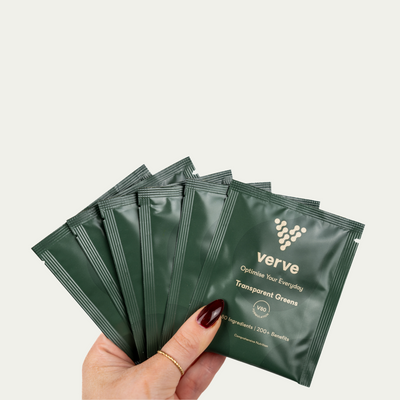1. Vitamin C
Vitamin C, also known as ascorbic acid, is a potent antioxidant that plays a pivotal role in male fertility. It does more than just ward off the common cold; it's crucial for maintaining the integrity of sperm by neutralising harmful free radicals.
Research has indicated that men who consume adequate amounts of Vitamin C experience notable improvements in sperm count and motility.
These are significant because they not only enhance the chances of fertilisation but also ensure the sperm can navigate the female reproductive system effectively. Moreover, Vitamin C has been associated with reducing the agglutination of sperm, where they stick together, which is a common cause of male infertility.
2. Vitamin D
Often celebrated for its bone-strengthening capabilities, Vitamin D also casts a beneficial shadow over male fertility. This steroid hormone influences the male reproductive system profoundly, with research linking sufficient Vitamin D levels to optimal testosterone production.
Testosterone is the cornerstone of male sexual health, and its presence bolsters sperm maturation and health.
In areas with limited sunlight exposure, where Vitamin D deficiency is more common, supplementation could be particularly advantageous for men looking to enhance their reproductive potential.
3. Zinc
Zinc is a trace mineral with a heavy-weight role in male fertility.
It is found in high concentrations in the testes and is directly involved in the creation of the outer membrane and tail of the sperm.
Without adequate zinc, sperm may not have the robustness to survive the journey to the egg.
Low levels of zinc have been directly correlated with reduced testosterone levels and diminished seminal volume.
Hence, supplementing with zinc can be a game-changer for men facing challenges with sperm quality and quantity.
4. Selenium
Selenium is a trace mineral that shields the sperm’s delicate structure from oxidative damage and supports its vitality.
It is essential for the synthesis of selenoproteins, which play a crucial role in sperm formation.
Selenium's influence on sperm motility is particularly significant, as it can mean the difference between a sperm cell’s success or failure in reaching the egg.
Adequate selenium intake has been connected with improved sperm motility, and it can support various other aspects of your health too.
5. Co-Enzyme Q10
Co-Enzyme Q10, or CoQ10, could be likened to the spark plug of cellular energy within the body, and this includes sperm cells. CoQ10 is involved in the energy production process within the mitochondria, the powerhouse of the cell.
By boosting CoQ10 levels, men could improve the energetic capability and motility of sperm, which is a critical aspect of fertility. The increased energy can enhance the sperm's endurance and ability to penetrate the egg for successful fertilisation.
6. B vitamins
B vitamins, particularly B12 (cobalamin) and B6 (pyridoxine), serve as the driving force behind various physiological processes, including energy metabolism and red blood cell formation. They are vital in the process of male fertility as well, where B12 is known for its role in sperm production and maintaining sperm count, while B6 is linked to hormone regulation.
Research suggests that B vitamins can play a part in improving sperm quality, which is integral to boosting fertility.
7. Ashwagandha
Ashwagandha is an adaptogenic herb that has been revered in Ayurvedic medicine for its ability to balance, restore, and protect the body.
In the context of male fertility, ashwagandha has been shown to improve sperm count and motility, potentially by moderating hormone levels and reducing stress.
Since stress can negatively impact testosterone and fertility, ashwagandha’s calming properties could also indirectly benefit reproductive health, making it a valuable supplement for those looking to improve their fertility.









